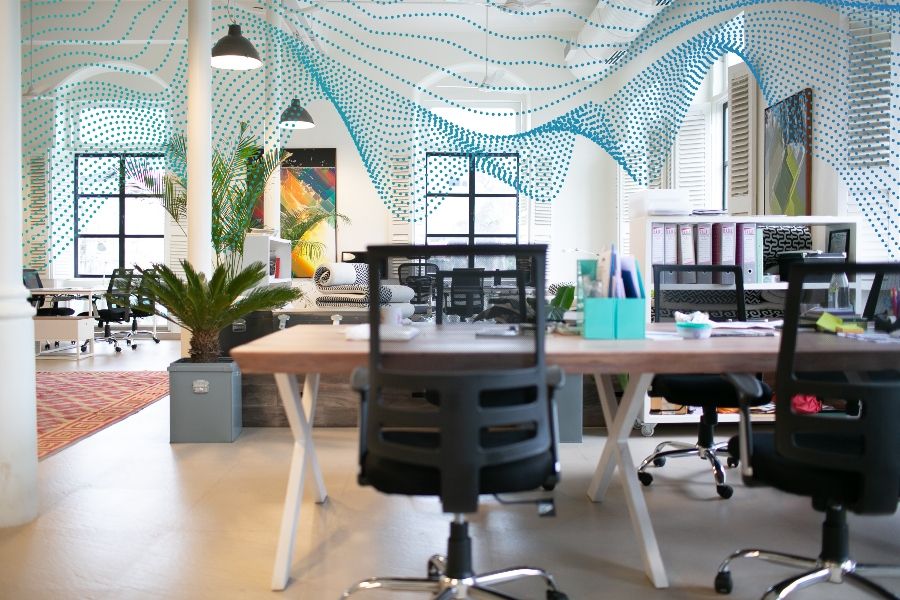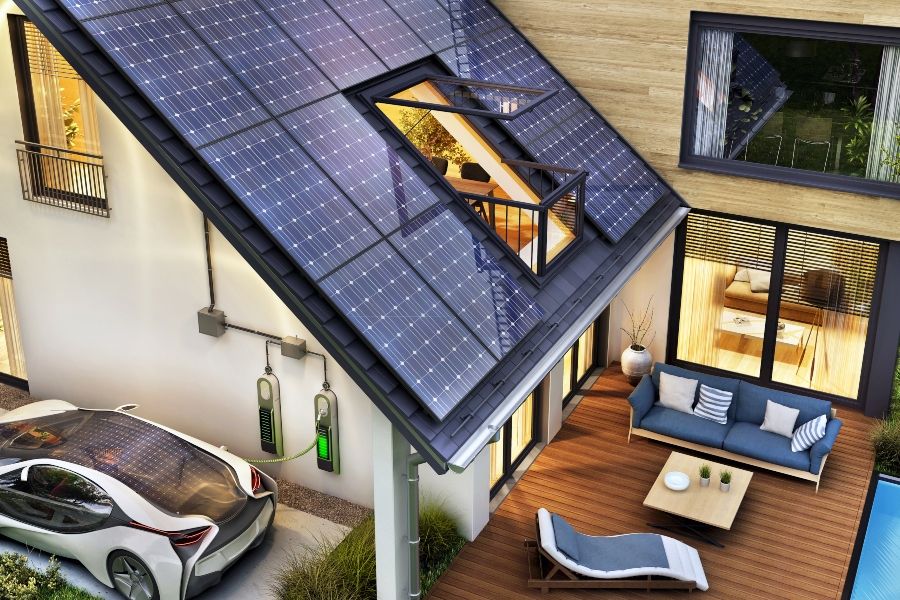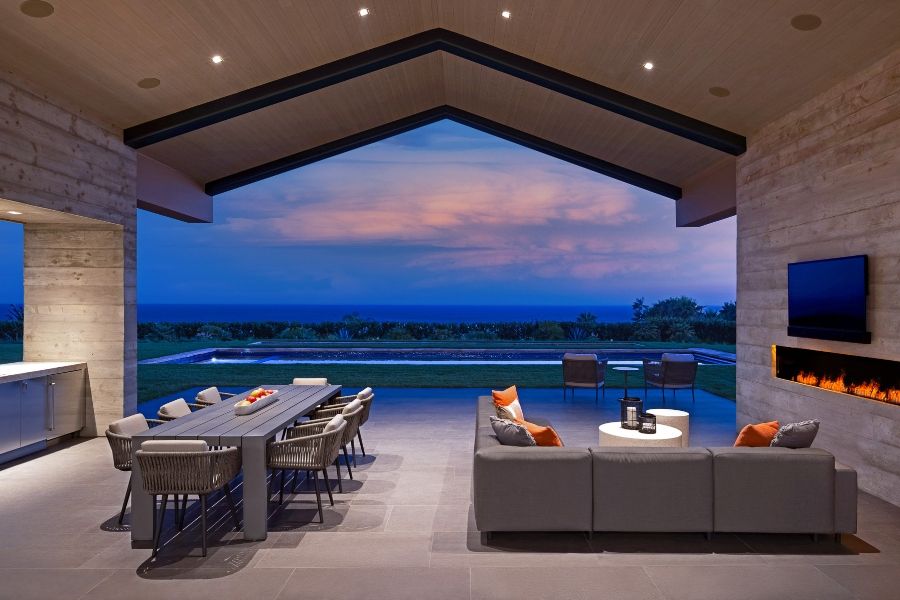Smart technology, and the integrators that deal in whole home systems, are uniquely positioned for success in the fight against climate change. According to a major new climate report released this week, smart devices, and smart homes in general, are projected to play a crucial role in moving residential from dirty to clean energy.
The reasoning is that homeowners need tools to help them better understand where their energy comes from, how much they’re using and what options they have to change their usage patterns. Even better would be having tools that actively track and measure the status of the grid, moderating energy usage based on peak patterns on the grid, something that many integrators have direct access to in their product networks.
“Digital technologies can contribute” to the fight to stop climate change, the report released by the United Nations Intergovernmental Panel on Climate Change (IPCC) says. According to the panel, this contribution can come in the form of smart appliances, energy management systems and rooftop solar panels that, when combined, can potentially work in tandem as “virtual power plants.”
The goal, as stated by the report would be to slash emissions by half within the next decade, peaking in 2025 before seeing a full dissipation of their effects in 2050. While the gradual phasing out of fossil fuels is certainly part of the initiative, a more intentional and conscious use of energy is important for decreased waste and increased resiliency of future power grids, setting these innovations up as ‘absolute musts’ as efforts to curb climate change mount.
Green Opportunities for Residential Integration
The only hurdle the authors state, is that it’s all dependent upon consumer adoption. However, the good news for integrators is that these products are a fairly easy pitch. Not only are consumers far more interested in sustainability than ever before, many products that focus on health and wellness, another category of technology homeowners have become deeply invested in, have sustainability baked into their design.
Simple smart technologies such as thermostats and air quality monitors already focus on maximizing comfort and safety in the home, while also contributing to greater efficiencies when set up correctly. Take an air quality monitor for instance, which helps regulate ventilation based on specific levels, ensuring that occupants continue breathing healthy air, while only using as much energy as is absolutely necessary. Water management systems likewise prioritize security and safety while also contributing to water conservation.
But that’s not to say integrators need only stick to wellness products that feature sustainability as a bonus. If given the opportunity, a large majority of people say they gravitate towards more sustainable choices now in places such as travel and hospitality. In many situations, its simply a matter notifying users that an option is there, and since integrators already commonly make recommendations on behalf of the homeowner, all it takes is a simple conversation and a recommendation for a sale potential to open.
A smarter, greener home means a more resilient home, and a far more cost-effective home. Many modern-day energy management systems on the market can not only help monitor energy expenditures form the user, but also identify peak hours on the grid and limit energy usage when grid energy is most strained/expensive. These energy management systems can then be made even more effective when paired with solar panels and on-site energy storage systems, allowing for the use of cheaper solar power during peak hours while also providing extra resiliency in the case of blackouts.
A Caveat for the Eco-Conscious
The climate report did outline one major exception to the role technology plays in climate change. “Digital technology supports decarbonization only if appropriately governed,” the report authors write.
Simply put, smart technology can only truly contribute to a more climate ready future if it is designed to last that long, or is capable of being disposed of without harming the environment. While this issue doesn’t rest wholly on the integrators on themselves, it is certainly a consideration that many consumers may take when adopting technology for the sake of sustainability in the home and so it may be worth doing due diligence in researching specific products.
In the end, though, as legislation around greener building practices and operations continue to expand, smart homes and devices have already been identified as major contributors towards reaching climate goals if used correctly, and who better to implement these solutions than the professional integrators who have been working with them all these years.






